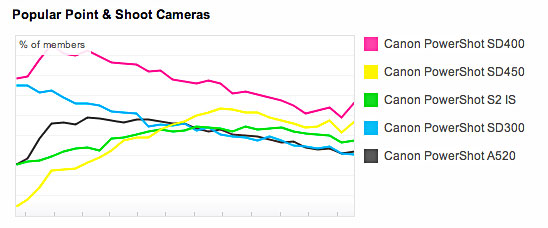Nice column by Henry Porter about the poisoning of Alexander Litvinenko…
Casino Royale, which opened in Moscow last week, features an assassin operating on foreign soil with impunity and deniability, yet also with the undoubted backing of his government at home. The British do this in the movies; the Russians appear to be doing it for real. If they are, it constitutes state-sponsored terrorism because a man walking around London in a glimmering trail of radioactivity represents a considerable threat to others. This is quite apart from the revolting, calculated cruelty of his murder.
Litvinenko courted death and knew that living in Britain would not protect him. There have been too many downed helicopters and unsolved murders across Europe for that. He must have known that more than 20 journalists have lost their lives in the former Soviet Union since Putin came to power. But, not content with having accused the KGB’s successor, the Federal Security Service (FSB), of planning to murder exiled financier Boris Berezovsky, and being tried on corruption charges as a result, he stuck his head out by accusing the FSB of masterminding explosions in 1999 which killed some 230 people and allowed Putin to go to war in Chechnya.
He was tried and convicted in his absence for abuse of office, a purely Soviet catch-all charge; his family was hounded by the FSB and he was told that his life was in danger. But still he continued to make allegations, most recently at the Frontline Club in Paddington, London, where he condemned Putin for the murder of journalist Anna Politkovskaya. He stood in the club’s upstairs room making his points without emotion, waiting patiently for his translator to finish…
Henry’s right: Russia is, in fact, a rogue state — a corrupt autocracy. What happened to Litvinenko was state-sponsored terrorism (captured nicely by that phrase about “a man walking around London in a glimmering trail of radioactivity”). But Russia won’t — can’t — be treated as a rogue state. For one thing, it has nukes. For another, it’s where we have to get our gas (and maybe oil) from in the future. What surprises me at the moment is why the government isn’t making the link between energy policy and national security. Doing something serious about carbon emissions is also just about the best way of reducing the UK’s dependence on vicious despots like Vladimir Putin.


